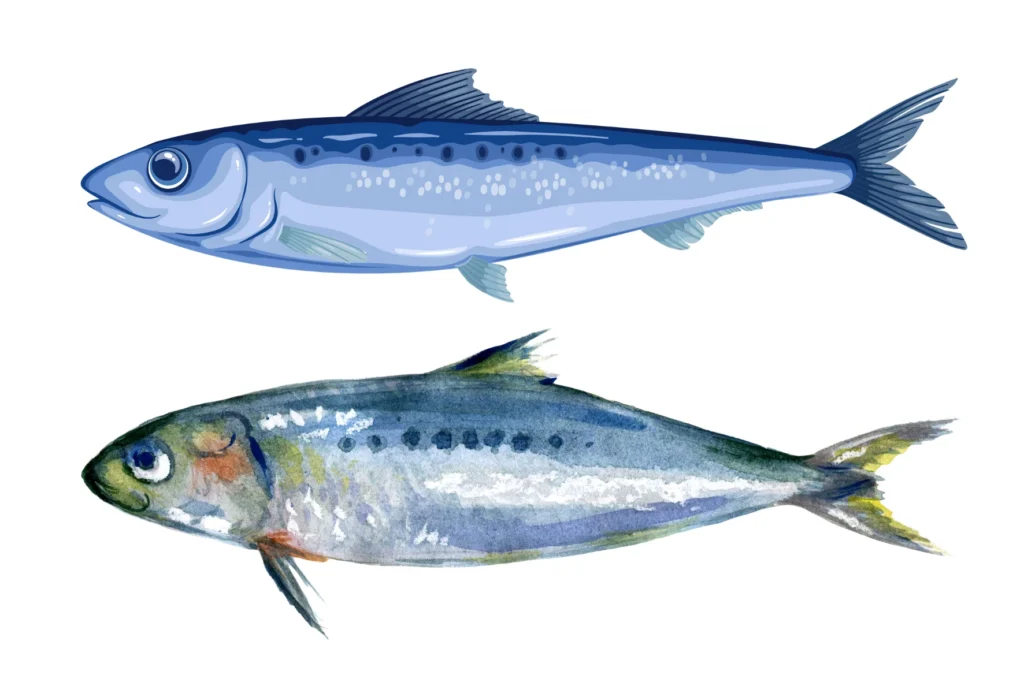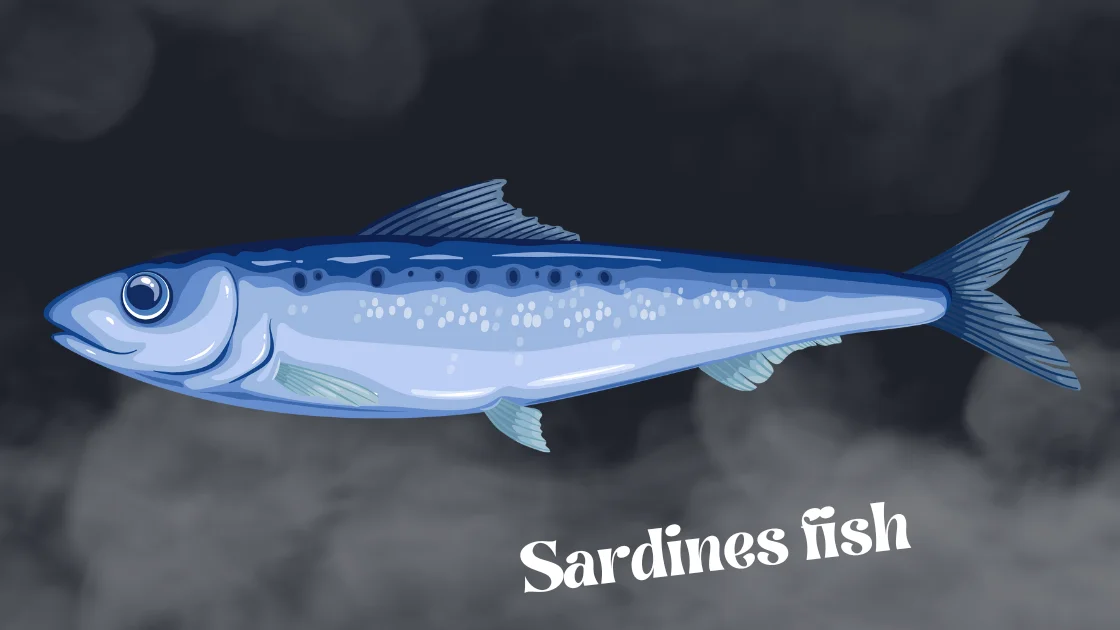Sardines, also known as pilchards, are small, oily fish prized for their rich nutritional content and unique flavor. These small fish are a staple of many coastal cuisines around the world and have been an important part of the human diet for centuries. In this detailed article, we delve into the world of sardines, examining their ecological importance, health benefits, culinary uses and conservation challenges.
The Sardine Family
The term “sardine” generally refers to several species of the herring family (Clopidae). whitebait are found in oceans around the world, especially in coastal areas and areas where shallow water rises to the surface, where nutrient-rich waters support abundant whitebait populations. They are known for their shiny silver bodies and small size, often reaching about 8 inches in length.
whitebait migrate in schools that can number in the thousands. Their diet consists mainly of plankton, which they use special gill apparatus to filter plankton from the water.
The Grand Mackerel: Revealing the Ponders of a Prevalent Fish
Tilapia | The Sustainable Fish of Many Culinary Delights
Haddock | The Versatile and Flavorful Fish
Ecological Significance
Sardines play an important role in marine ecosystems as prey and predators. As prey, they provide an important food source for a variety of large fish, marine mammals and seabirds. This makes them an important link in the seafood chain. As predators, sardines help regulate plankton populations and balance marine ecosystems.
Their educational behavior and migration patterns make them highly mobile and adaptable to changing environmental conditions. These adaptations help increase their ecological importance and ability to support healthy marine ecosystems.
Health Benefits of Sardines
Sardines are a rich source of essential nutrients and have many health benefits:
- Omega-3 fatty acids: Sardines are rich in omega-3 fatty acids, which can support heart health by reducing inflammation, lowering blood pressure and improving cholesterol levels.
- Protein: Sardines provide a high-quality source of protein, which is essential for muscle growth and repair.
- Vitamins and Minerals: Sardines are rich in essential vitamins and minerals such as vitamin D, calcium, iron and selenium that play an important role in overall health and well-being.
- Bone health: Sardines are high in calcium and vitamin D, which help build strong bones and teeth.
- Brain health: Omega-3s are known to support brain health and cognitive function, which may reduce the risk of age-related cognitive decline.
Culinary Uses
Sardines are a joy to cook, and their unique flavor pairs well with a variety of ingredients and preparations. Here are some common uses of sardines:
- Grilled Sardines: Grilled whitebait are a classic dish in many coastal areas. Add salt, black pepper and lemon to the fish and peel it.
- Canned Sardines: Canned whitebait are an easy and nutritious option that can be enjoyed on their own or added to salads, pasta or sandwiches.
- Sardine Pasta: whitebait pasta is a delicious and satisfying dish that combines sardines with garlic, tomatoes, capers and olives for a Mediterranean-inspired meal.
- Spicy whitebait: Spicy whitebait are a fresh and tasty dish that can be served as a snack or appetizer.
- Sardine Tapas: A popular choice in Spain and Portugal, sardines are served with fresh bread, roasted peppers, or other accompaniments.

Conservation Challenges
Despite their abundance, whitebait populations face challenges from overfishing, habitat loss and climate change. whitebait are an important component of many commercial fisheries and are therefore vulnerable to exploitation. Changes in ocean temperature and currents also affect their abundance and distribution.
Conservation efforts include implementing sustainable fishing practices, such as catch limits and seasonal closures, to protect whitebait populations and ensure their long-term survival. Additionally, marine protected areas and habitat restoration projects can support healthy ecosystems for whitebait and other marine species.
Supporting Sustainable Sardines
As consumers, we have a role to play in supporting sustainable whitebait practices. To ensure the fish comes from responsibly managed fisheries, look for whitebait products that are certified by organizations such as the Marine Stewardship Council (MSC).
Another option is to source locally caught whitebait from small-scale fisheries, which often use more sustainable fishing methods. By making smart choices, we can help protect the health of whitebait populations and marine ecosystems.
Conclusion
whitebait are small fish but a big deal, providing a wealth of nutritional value and playing an important role in marine ecosystems. Their culinary versatility and rich flavor make them a beloved ingredient in many global cuisines. By supporting sustainable fishing practices and making conscious choices as consumers, we can ensure that whitebait remain a cherished part of our world for generations to come.


2 thoughts on “Sardines | The Nutrient-Packed Little Fish With Big Benefits”